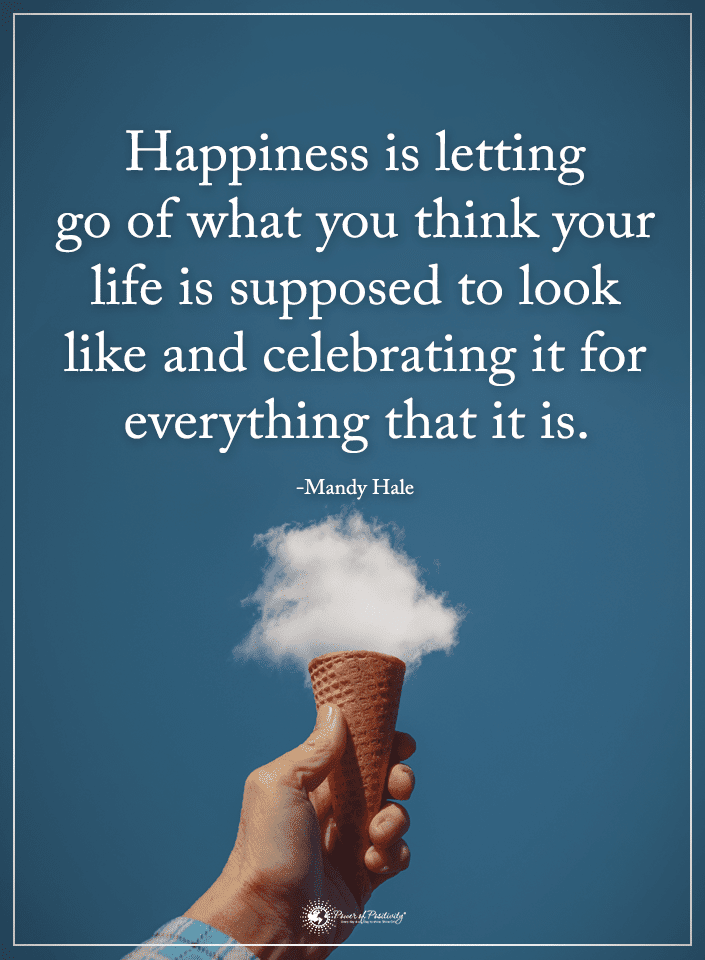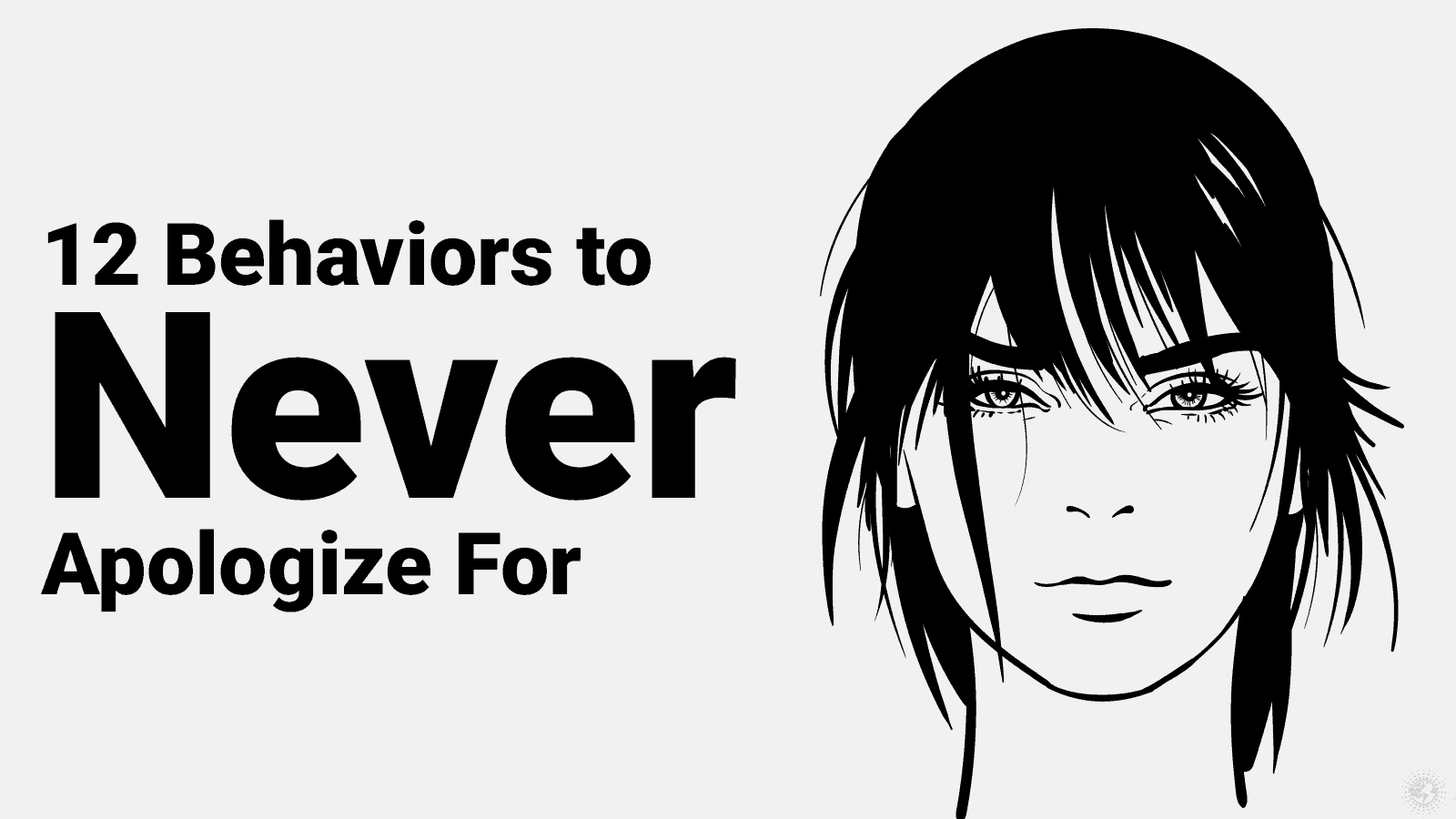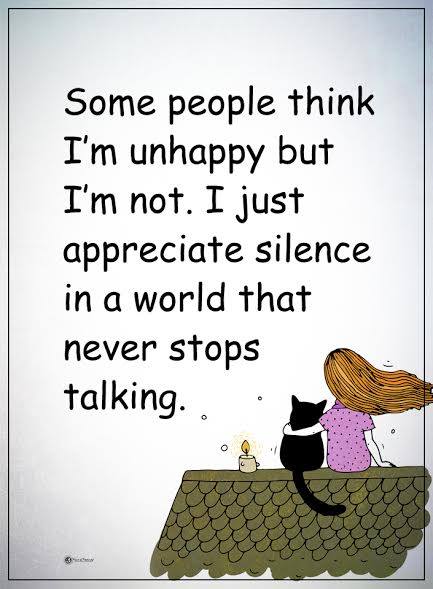Do you apologize too much, even when it is unwarranted? How about apologizing when it isn’t necessary? Do you say “I’m sorry” when there’s no reason? Some of us are chronic apologizers without even realizing it.
While there are indeed worse offenses than declaring an unnecessary apology, what makes the behavior potentially damaging is the cause and effect. We often state an unnecessary apology out of caring too much about what others think or putting their feelings above our own. Consequently, others may view incessant apologizing as a sense of weakness or lack of confidence. So, by all means, apologize when necessary – but stop saying sorry when you have no reason to.
Why Do Some People Apologize Too Much?
The societal expectation to apologize for our actions or emotions often stems from deeply ingrained norms and codes of behavior. However, it’s critical to distinguish between times when an apology is genuinely needed and when it’s not. Certain things in life don’t warrant an apology. So understanding these instances can lead to healthier and more authentic relationships with ourselves and others.
Let’s look at some of the occasions we might say, “I’m sorry,” even when we should not.
12 Things You SHoulde Never Apologize For

1. Do not apologize for how you feel
Expressing your feelings is a responsibility in any relationship (plutonic and romantic.) Telling someone how you feel lets them get to know you better, deepening the connection. If someone else has a problem with you constructively expressing your thoughts and feelings, it’s their problem, not yours.
But it’s essential to recognize that everyone’s emotional responses are unique and that they can’t be controlled or modified to fit someone else’s expectations. Researchers at Yale University’s Department of Psychology underscore the importance of emotional expression as a key element in developing platonic and romantic relationships. It can facilitate understanding, empathy, and connection. So, when you’re constructively expressing your thoughts and feelings, remember it’s not your problem if someone takes issue with it, but rather a reflection of their emotional management.
2. Don’t be sorry about saying “no”
Saying “no” to someone is okay. Of course, most people have no problem with it. While saying no may feel uncomfortable, there is no reason to make an apology for doing so. To be less abrasive, provide a quick explanation as to why saying no is necessary.
Some argue that the power to say “no” is integral to maintaining personal boundaries. It’s perfectly acceptable to decline a request or an invitation, and it’s a critical aspect of self-care. The University of California, Berkeley’s Greater Good Science Center agrees. They emphasize the importance of setting boundaries to maintain mental well-being. Apologizing for saying “no” is unnecessary, and an explanation, while it might soften the perceived blow, is not obligatory.
3. For following your own path
Most of society is still obsessed with the “school, work, family, retire” way of life. Indeed, there is certainly nothing wrong with traditional and conservative advice. However, no one else’s concerned about how others choose to live.
Despite societal norms and traditional trajectories, individuals are entitled to follow their unique path. The American Psychological Association’s APA PsycNET supports the notion that forging your path in life can lead to a more fulfilled and content existence. Your life’s course is your concern, and you should never apologize for living according to your own rules and desires.
4. For your appearance
“Sorry, I look tired.”
“I’m having a bad hair day, sorry.”
Some people will say I’m sorry reflexively, assuming that others don’t like or appreciate their appearance.
Self-presentation is personal, and there’s no need to apologize for your appearance. This aligns with research conducted by Rutgers University that highlights the importance of body positivity and acceptance. As long as you’re comfortable and respectful of your surroundings, your appearance should never warrant an apology.
5. Never apologize for asking questions
Some people hate others asking questions. It’s wasting their precious time, see? Well, that’s too dang bad for them. If you don’t understand something, you don’t understand it and need clarity. If someone takes issue with you questioning something, it’s probably because of insecurity about their knowledge – or lack thereof.
Curiosity and the quest for knowledge should always be encouraged. The University of Washington explains that questions are central to learning. If you want clarity, it’s perfectly acceptable. So there’s no need to apologize for desiring to understand something better.
6. Don’t say “I’m sorry” for taking alone time
You can’t take care of someone else if you can’t take care of yourself. An essential part of self-care is knowing when you need to be alone. Refresh, rejuvenate, and then get back out there. But remember – only you know when YOU are ready.
Self-care and mental health have gained significant recognition recently, with mental health professionals championing the need for regular alone time. It’s a critical part of self-care and rejuvenation. Thus, it should never warrant an “I’m sorry.”
7. For other people’s behavior
Has anyone ever come to you with sharp criticism about someone else as if you were that someone? They seem not to understand that you aren’t responsible for how someone else acts. Anyways, ignore them; and certainly do not apologize.
You are not responsible for someone else’s actions or behavior. Experts at Stanford University have identified personal responsibility as a key factor in individual development. No one should feel obligated to apologize for someone else’s actions.
8. For not responding right away
Just putting this out there: people who send a text or leave a voicemail with the misplaced belief that they’re the priority are super annoying. Why? Because those same people are more likely to berate you for not responding to them immediately. Because, you know, they are busy. No apologies are necessary.
In the era of instant communication, expectations for immediate responses can be high. However, the University of Pennsylvania affirms the importance of maintaining personal boundaries in communication. Responding at your convenience is wholly acceptable and shouldn’t require an apology.
9. For rightfully being upset
Some folks try to guilt trip others into believing their anger is unjustified. But this isn’t always the case. Sometimes they have a valid reason. The same goes for when and why one is anxious, sad, or depressed. A person has the right to feel how they feel, be it “right” or “wrong.” If they aren’t hurting anyone, expecting someone to be apologetic about their feelings is unfair.
The legitimacy of your emotions is not up for debate. If you’re upset, anxious, sad, or depressed, these feelings are valid. Emotional validation is a critical concept backed by the University of Minnesota. So there is no need to say sorry for your feelings, even when perceived as unfavorable.
10. For standing your ground
If some people had their way, they’d strip freedom of speech from anyone who disagrees with their opinions. When you stand up to them, they act offended, as if you overstepped the boundaries. Forget these types of people. They are toxic. Instead of apologizing, hold firm and let your voice be heard!
Free speech and respectful disagreement are fundamental tenets of a more compassionate society.
11. For being you
The great author and poet Oscar Wilde once said, “Be yourself; everyone else is already taken.” Going a bit further, it’s magnificent to be “weird” or “different,” regardless of what others think.
So go ahead. Be your own person and don’t even consider the idea of apologizing. After all, individualism and diversity are part of what makes life a beautiful thing.
12. Don’t apologize for an honest mistake
Mistakes are an inevitable part of life. Everyone makes a blunder here and there. Unless your error happened to harm someone else, there is no need to apologize. People who insist that you apologize or otherwise explain yourself concerning a mistake that didn’t impact them are not worth your time.
Mistakes are an integral part of learning and personal growth. Making mistakes is a natural part of human cognition and behavior. An honest mistake should never necessitate an apology unless it harms someone else.
Final Thoughts on the Things You Should Never Apologize For
As we navigate through life, it’s essential to remember that not all situations require an apology. Standing firm in your beliefs, asking questions, expressing your feelings, and being unapologetically are just a few examples of situations where an apology is unnecessary. These instances should be recognized as part of your unique human experience rather than something warranting an apology. Recognizing and embracing these aspects of life can lead to a healthier relationship with oneself and more genuine connections with others.



















